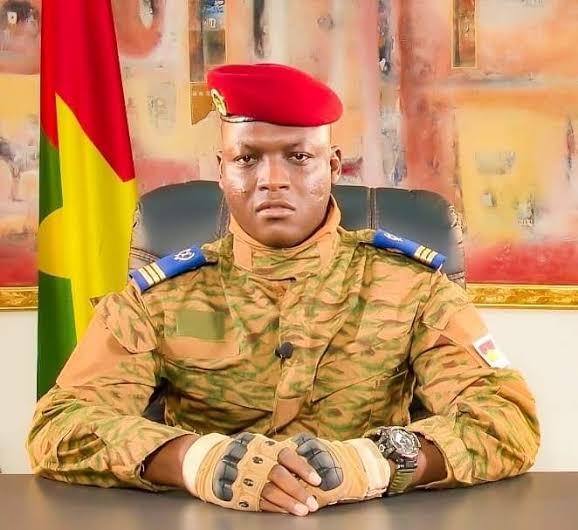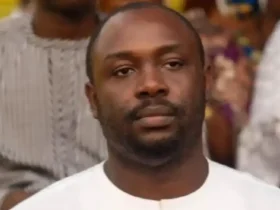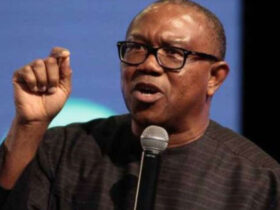
The Burkinabè government approved a constitutional amendment on Wednesday, solidifying national languages as official languages and downgrading French to the status of a “working language.”
The legislative revision, part of a broader initiative to strengthen democratic culture and uphold the rule of law, marks a pivotal moment in Burkina Faso’s political landscape.
According to the Council of Ministers’ report, this constitutional shift is a key component of the transitional government’s mission to initiate comprehensive political, administrative, and institutional reforms.
Among the noteworthy changes is the replacement of French with national languages as the official means of communication, designating French as a working language.
This move mirrors a similar development in Mali, which, like Burkina Faso, is governed by the military and has strained relations with France.
Mali had earlier modified its constitution via a referendum, adopting a comparable language policy.
The proposed bill, still awaiting approval from the Transitional Legislative Assembly, introduces additional innovations, including the establishment of traditional and alternative dispute resolution mechanisms.
Simultaneously, the Constitutional Council’s mandate expands, leading to the abolition of institutions such as the High Court of Justice and the Mediator of Faso.
Further changes involve the reinforcement of the status of the National Intelligence Agency (ANR) within the constitutional framework.
These adjustments reflect a broader transformation in Burkina Faso’s political and security landscape since Captain Ibrahim Traoré assumed power in September 2022.
READ ALSO: Burkina Faso Junta Foils Coup Plot by Army Officers
In recent months, public demonstrations advocating for a new constitution have gained momentum in Burkina Faso. Captain Traoré, in power for just over a year, had previously pledged a partial modification of the constitution to address the evolving needs of the nation.
Prime Minister Apollinaire Joachimson Kyelem of Tambela emphasized the importance of crafting a constitution that reflects Burkina Faso’s unique political, economic, and cultural identity.
He declared, “The writing of a new Constitution is a question of political, economic, and cultural sovereignty. No one can truly flourish from the concepts of others,” subtly alluding to the departure from constitutional models influenced by French governance.
Notably, Burkina Faso has been distancing itself from its former colonial power, France, and establishing closer ties with Moscow since Captain Traoré’s ascension to power.
Against a backdrop of persistent jihadist violence that has claimed over 17,000 lives since 2015, these constitutional changes aim to reshape Burkina Faso’s political landscape and assert its autonomy on the global stage.







Leave a Reply